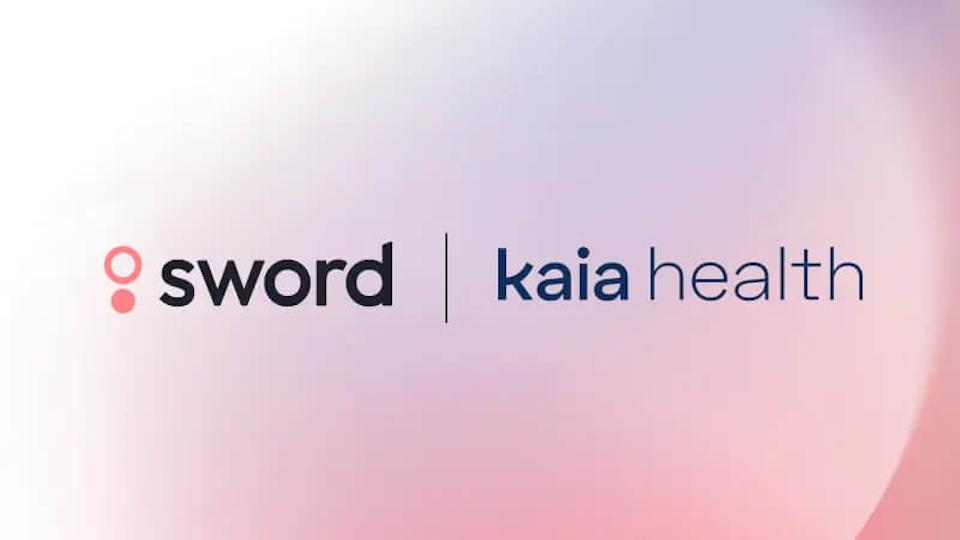Digital health round-up: Pfizer appoints chief digital officer and more

Pfizer has appointed a chief digital officer because of the growing importance of digital technology in its R&D and business process, as part of a boardroom shake-up.
Last week Pfizer announced that Ian Read is to step down as CEO, with chief operating officer Albert Bourla taking the helm.
Following the change of leadership, Pfizer is also revamping its executive team, with the appointment of new chief digital and technology officer Lidia Fonseca the most notable change.
Pfizer said she will be in charge of creating and implementing a “strategy that accelerates and improves the company’s digital capabilities.”
Currently chief information officer at Quest Diagnostics, Fonseca will join Pfizer’s executive leadership team in January.

Lidia Fonseca
Fonseca previously served as senior vice president at Laboratory Corporation of America, executive vice president of global operations and technology at Synarc Incorporated, and was promoted through the ranks at Philips Healthcare.
Pfizer is following the example of GlaxoSmithKline and Novartis, two big pharmas that have already appointed chief digital officers to transform R&D and relationships with customers.
Last year Novartis unveiled Bertrand Bodson, formerly chief digital officer for Sainsbury’s Argos, as its first ever chief digital officer.
This was shortly after GSK appointed Karenann Terrell, previously chief information officer at Walmart, to become its chief digital and technology officer.
A new study has found that physicians around the world are increasingly using doctors-only, peer-to-peer crowdsourcing to get help with diagnosing patients.
Doctors using crowdsourcing tool to aid diagnosis
Medical diagnostic errors are a serious and costly strain on healthcare systems worldwide, for which patients carry the ultimate risk of harm. The problem highlights a need for strong physician networks to enable specialist consultations and the discussion of potential diagnoses and treatments.
A new study published in Nature Digital Medicine demonstrates the significant global reach and broad appeal of an online, crowdsourced consultation platform for physicians in search of diagnostic and therapeutic input.
In their study, Scripps Research scientists examined the profiles and usage characteristics of over 37,000 active users of Medscape Consult, a free, physician-to-physician virtual consultation forum available via Medscape, one of the largest global online communities of physicians and healthcare providers, during a two-year period between November 2015 and October 2017.
They found that physicians from every continent used the platform and that more than 90% of cases posted by the physician-users received responses from other physicians within a short period, demonstrating the potential of such platforms for leveraging expert medical knowledge for patient care around the world.
The usage data indicated that younger physicians were responsible for posting the majority of patient cases, while users who had been in medical practice longer contributed more responses.
Although physicians from internal medicine made up the largest population of users, representing over a quarter of the total, there were a wide variety of medical and surgical subspecialties active on the platform during the study period.
AI app aims to improve health in developing world
An app based around artificial intelligence (AI) aims to help patients in countries with developing healthcare systems understand their symptoms and find appropriate treatment.
Ada, a free app that allows users to input details of symptoms so that they can be directed to appropriate care, has been launched in several European languages to target those who may not be able to seek a face-to-face medical appointment.
Ada’s Global Health Initiative (GHI) is a series of major projects that focus on improving the availability and delivery of primary care in underserved populations worldwide.
The app, which was set up by doctors, scientists and engineers, has forged a partnership with Fondation Botnar to become the first health guidance app to feature Swahili language integration.
This means more than 100 million people in Sub-Saharan Africa will be able to access the app.
Fondation Botnar is a Swiss organisation established to improve the health and wellbeing of children and young people in growing secondary cities globally. It invests in solutions that use AI and digital innovation.
The other partner is the Bill and Melinda Gates Foundation, which will research the efficacy of AI-powered self-assessment technology in recommending specific diagnostic tests and improving patient outcomes for certain regions and diseases.
Through analysis of millions of self-assessment cases from Sub-Saharan Africa, Southeast Asia, South America and India, Ada will identify the diagnostic tests that, when combined with rigorous and accurate AI, could deliver the biggest impact in lower and middle-income countries.
It is hoped that the right diagnostic tests will support healthcare workers who are working in areas where malaria and tuberculosis, for instance, are rife.
The use of AI plus objective assessments could also significantly improve healthcare outcomes for patients, as well as potentially limiting the spread of disease epidemics through early identification.












